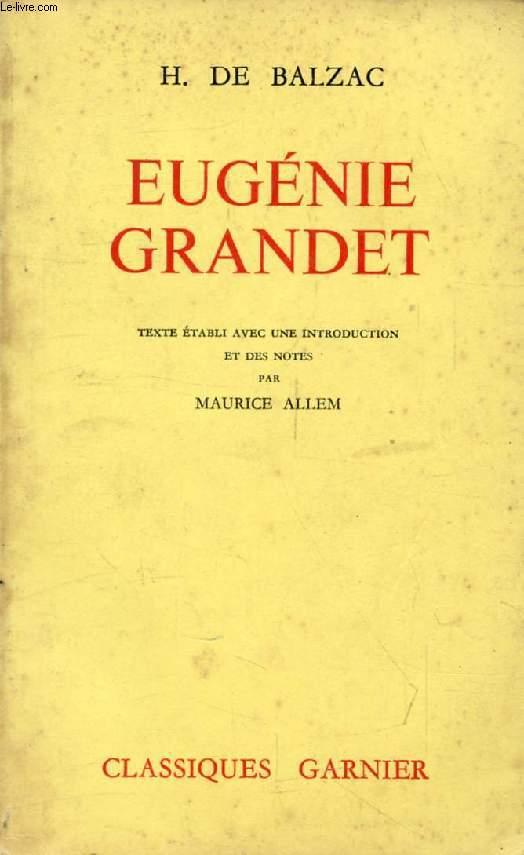

His reflections on Proust as Balzac’s most cannily attentive reader suggest how the lines of social and erotic force he locates in Balzac’s work continued to manifest themselves in twentieth-century writing and society. Lucey draws on the thinking of Michel Foucault and Pierre Bourdieu and engages the work of critics of nineteenth-century French fiction, including Naomi Schor, D. Lucey’s account of the novelist’s deployment of "sexual misfits" to impel a wide range of his most canonical works-Cousin Pons, Cousin Bette, Eugenie Grandet, Lost Illusions, The Girl with the Golden Eyes-demonstrates how even the flexible umbrella term "queer" barely covers the enormous diversity of erotic and social behaviors of his characters. The Misfit of the Family is a compelling argument that Balzac must be taken seriously as a major inventor and purveyor of new tools for analyzing connections between the sexual and the social. Moving away from the many psychoanalytic approaches to the novelist's work, Michael Lucey contends that in order to grasp the full complexity with which sexuality was understood by Balzac, it is necessary to appreciate how he conceived of its relation to family, history, economics, law, and all the many structures within which sexualities take form.

The Misfit of the Family reveals how Balzac, in imagining the dense, vividly rendered social world of his novels, used his writing as a powerful means to understand and analyze-as well as represent-a range of forms of sexuality. PDF File Name: EugenieGrandet-HonoredeBalzac.pdf PDF File Size: 17 MB PDF Eugenie Grandet Download. The novel is set in the early nineteenth century in the small French town of Saumur, where lives the Grandet family in "that grey, cold, silent house at the upper end of the town, under the shadow of the ruined ramparts" (p.48 Balzac).In more than ninety novels and novellas, Honoré de Balzac (1799–1850) created a universe teeming with over two thousand characters. In this paper, I will argue that Eugenie's inability to love and show affection in a natural manner is attributed to the oppression she has suffered her whole life. Eugenie, the title character in the novel, is greatly affected by her father, since his miserliness is, in a sense, bequeathed to her through her unrequited love attachment with her cousin Charles. He has warped their view of reality to adjust to his greed. His family, consisting of his wife and daughter, live daily under the shadow of his oppression. Eugénie Grandet is part of a larger project by French novelist Honoré de Balzac called La Comédie humaine, a title that references Dantes Divine Comedy and suggests that.

His greed and obsession with gold are evident throughout the story. In the novel, Balzac introduces us to the character of Grandet.

Written in 1833, Eugenie Grandet by Honore de Balzac is a novel about the devastating power of obsessive love, which leads to the destruction of a family.


 0 kommentar(er)
0 kommentar(er)
